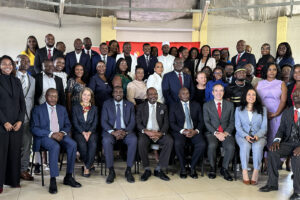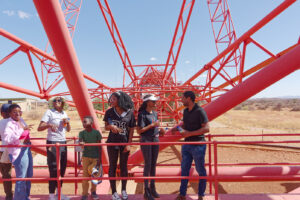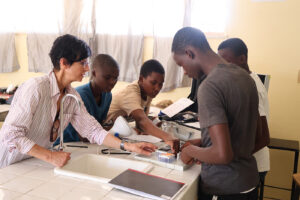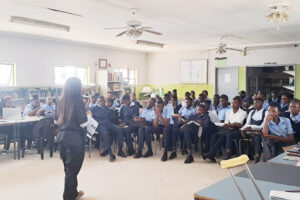As we commemorate Africa Day 2024 with the theme “Educate an African Fit for the 21st Century,” the University of Namibia (UNAM) in collaboration with the University of Eastern Finland (UEF) is proud to highlight our joint initiative focused on transforming waste into wealth. This project, a part of UNAM Cares Project, is designed to address environmental sustainability while empowering incarcerated individuals with entrepreneurial skills in arts and crafts.
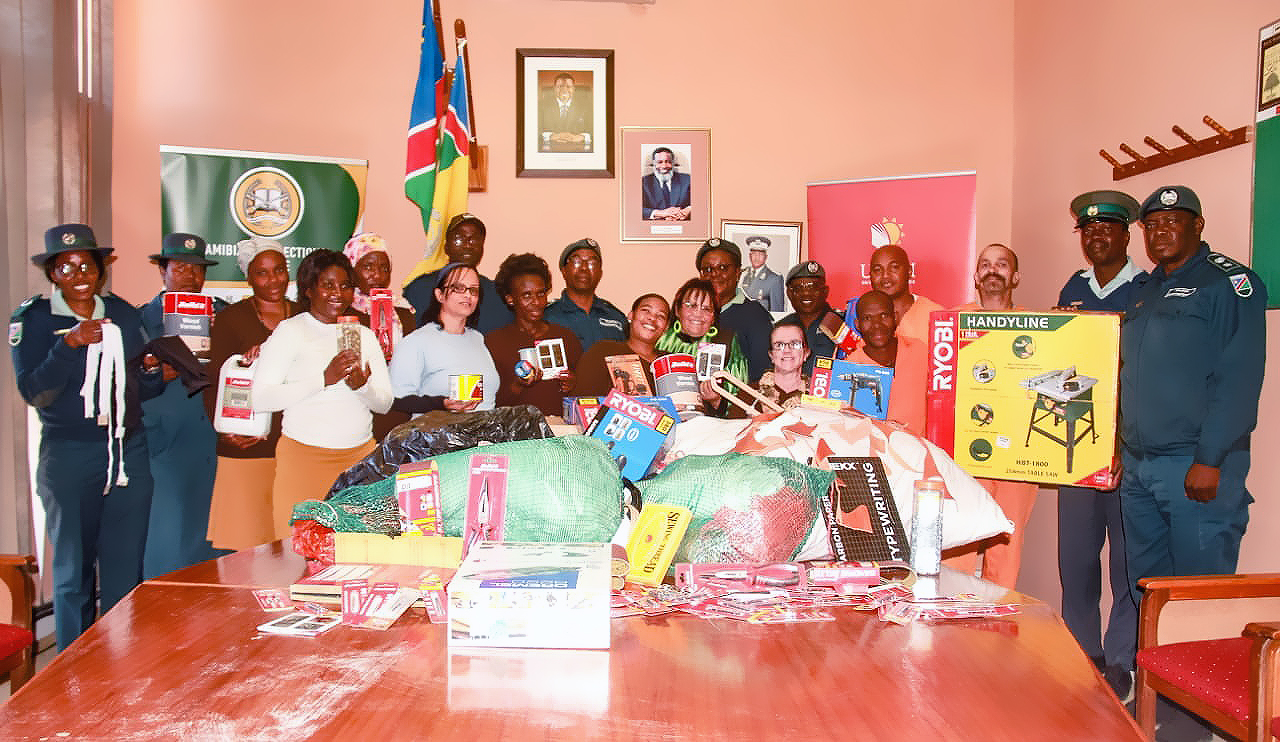
Namibia faces considerable social and economic challenges, including high unemployment and crime rates. Reintegration of former prisoners is particularly difficult due to social stigma and limited opportunities. To address these barriers, UNAM and UEF, in partnership with the Namibian Correctional Service (NCS), have launched a project to provide prisoners with business and entrepreneurship education. This initiative aims to break the cycles of poverty and crime, fostering successful reintegration into society.
The “Trash to Treasure” project involves prisoners actively participating in solid waste management by transforming waste materials into valuable arts and crafts. This approach not only reduces environmental waste but also equips prisoners with practical skills that can lead to economic opportunities upon their release.

Dr. Rachel Freeman, Head of UNAM Cares, emphasises the importance of this initiative: “By integrating environmental sustainability with offender rehabilitation, we are not only addressing individual needs but also promoting a supportive community environment that encourages positive change.”
The project employs a qualitative, exploratory-descriptive case design to research the experiences of Namibian prisoners involved in waste management activities. This methodology provides rich, detailed insights into the participants’ perspectives, highlighting the transformative potential of education and community involvement in promoting sustainable practices.
Natalie Joubert, Project Researcher at UEF, explains, “Our community education model within the context of civic education, rehabilitation, and integration, framed by an eco-social sustainability perspective, underscores the role of education and community in fostering social change.”
Equipping prisoners to secure meaningful employment
By focusing on entrepreneurial and financial literacy training, the project aims to give prisoners the confidence and capability to start their own businesses or secure meaningful employment upon release. Effective business education, supported by mentorship and post-release initiatives, can pave the way for lasting positive change and societal reintegration.
This collaborative approach ensures that all stakeholders, including prisoners and correctional officers, are engaged in the rehabilitation process. By working together, we can align our efforts towards common goals such as reducing recidivism and promoting environmental sustainability.
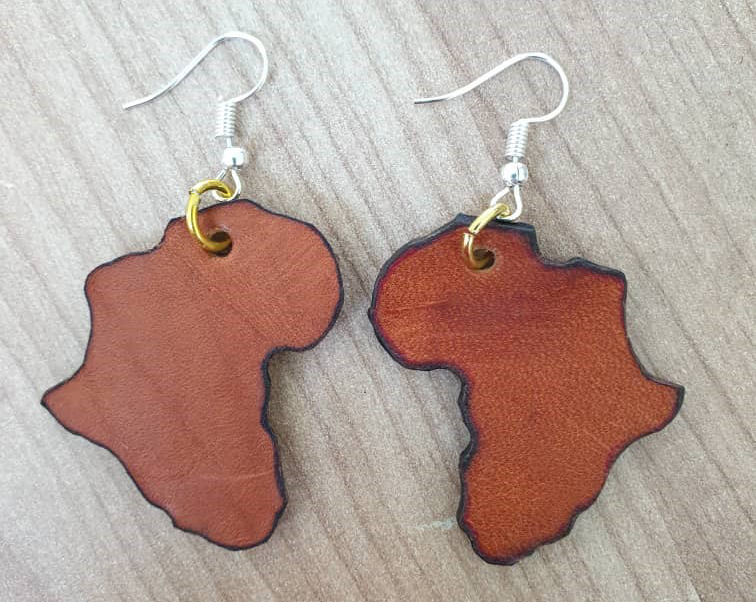
The environmental benefits of this initiative include significant reductions in solid waste through rethinking, recycling, reusing, and reinventing. Societally, marginalised communities are empowered with economic opportunities, and there is an increase in education and awareness about sustainability. Economically, job creation and innovation in recycling and upcycling stimulate local economies.
As we celebrate Africa Day, let us reflect on the cultural, economic, and environmental potential that exists on our continent. Through collaborative efforts and sustainable practices, we can harness this potential to promote positive change and build a better future for all.


